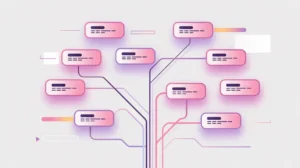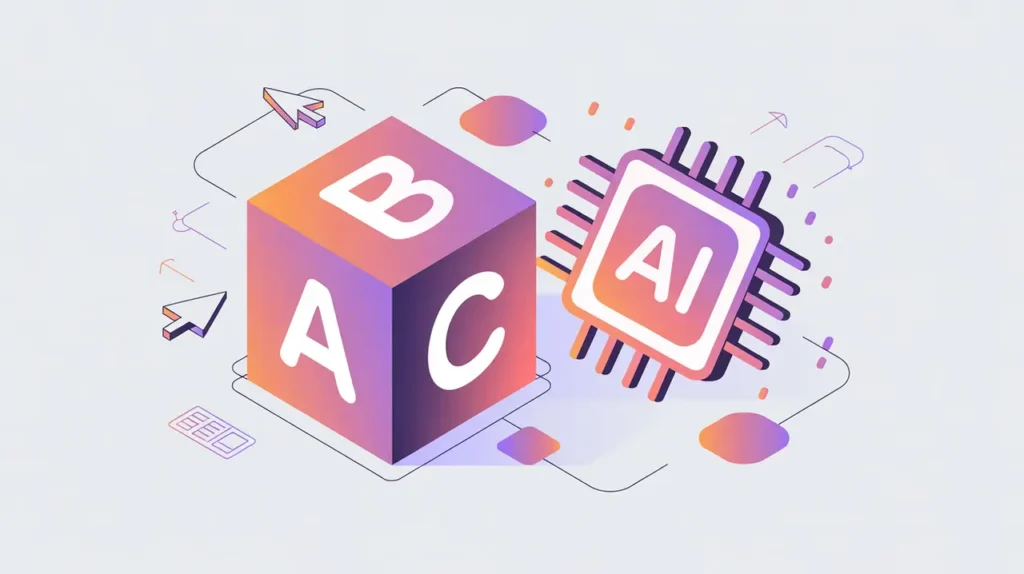Importance of Labor Conditions in Data Work
Labor Conditions in Data Work refer to the realities faced by people who clean, label, moderate, and maintain the data that fuels AI systems. While AI is often described as automated, it relies heavily on human labor, which is frequently invisible, precarious, and underpaid. Its importance today lies in the global expansion of data work, from content moderation to annotation markets, where workers’ rights and well-being are often overlooked.
For social innovation and international development, labor conditions in data work matter because mission-driven organizations must ensure their reliance on AI does not perpetuate exploitation or deepen inequalities.
Definition and Key Features
Data work spans a wide range of tasks: tagging images, transcribing speech, moderating harmful content, or cleaning datasets. Much of this work is outsourced to platforms and contractors in low- and middle-income countries. Research by groups like Fairwork and Oxford Internet Institute documents low pay, high psychological stress, and lack of protections in these sectors.
This is not the same as highly skilled data science, which involves designing models and analytics. Nor is it equivalent to volunteer data projects, where contributions are voluntary. Data work is paid labor that forms the hidden backbone of AI development.
How this Works in Practice
In practice, poor labor conditions may mean workers earning below minimum wage, facing unsafe exposure to violent or abusive content, or lacking mechanisms to contest unfair evaluations. Ethical responses include setting fair pay standards, ensuring psychosocial support, and establishing grievance mechanisms. Some organizations advocate for cooperatives, unionization, or certification schemes to improve conditions.
Challenges include fragmented global labor markets, weak enforcement of labor standards across borders, and pressure from clients for low-cost, fast delivery. Improving conditions requires accountability from companies procuring data work and advocacy from civil society.
Implications for Social Innovators
Labor conditions in data work have direct implications for mission-driven organizations. Health programs using annotated datasets for diagnostics must ensure workers labeling medical images are treated fairly. Education initiatives using speech or text datasets must consider the conditions under which data was produced. Humanitarian agencies deploying AI for crisis response must demand transparency from vendors about labor practices. Civil society organizations play a leading role in raising awareness and setting ethical benchmarks.
By recognizing and addressing labor conditions in data work, organizations align AI adoption with justice, dignity, and the mission of equitable social impact.







